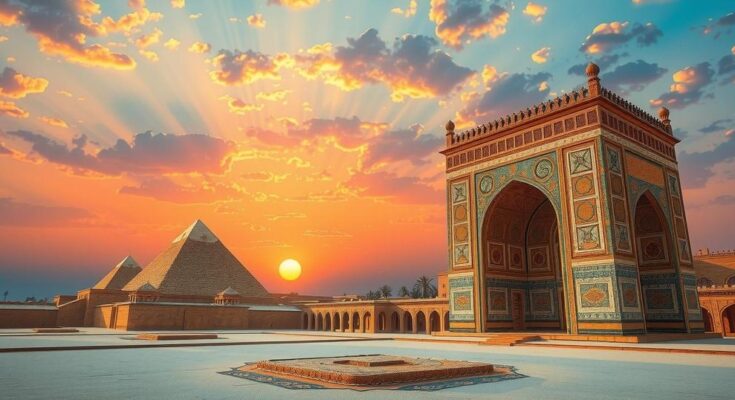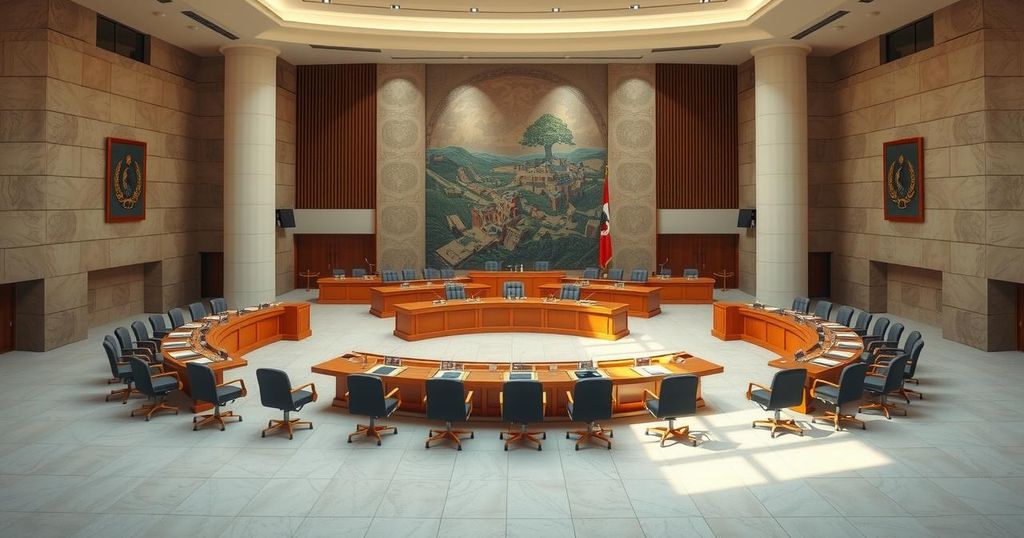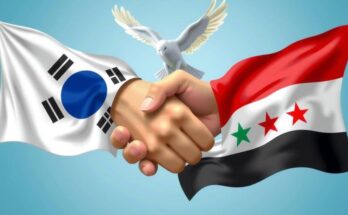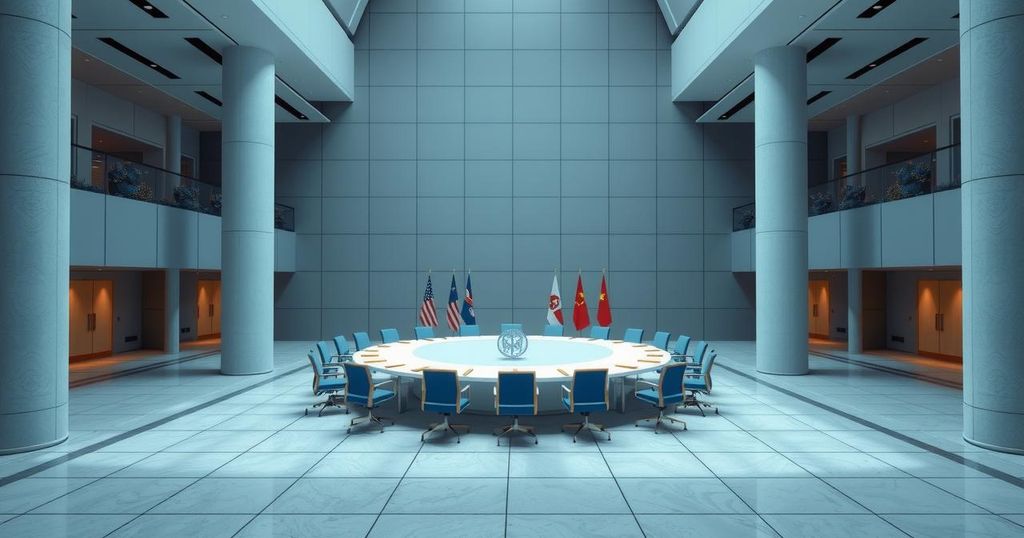The article explores the evolving relationship between Egypt and Iran, highlighting past tensions and current diplomatic efforts. Despite geographical distance and minimal economic ties, both nations share common interests in the region. Iran’s recent overtures towards Egypt are driven by pragmatic considerations, while Egypt balances its security concerns with the potential benefits of improved relations.
The relationship between Egypt and Iran has significantly influenced regional dynamics, characterized by historical tensions and attempts at reconciliation. Over the past forty years, diplomatic engagements have been scarce. However, Iran’s persistent efforts to restore full relations are being bolstered by recent developments in the Middle East that have prompted a shift towards pragmatism, despite existing tenuous ties with Egypt.
Geographical distance has created a perception that cooperation is not urgently needed, compounded by minimal economic connections. Nonetheless, both nations find themselves engaged in similar regional arenas, such as Syria, Iraq, and Gaza, leading to sufficient security dialogues addressing mutual concerns like Red Sea security and Iraqi stability.
Iran is currently pursuing direct negotiations with U.S. President Donald Trump, signaling a desire for more straightforward dialogue. This situation raises the question of whether Egypt could act as a mediator and what implications this role might have for both countries and their international relations.
In recent years, Iran has made overtures to strengthen diplomatic ties with Egypt, promoting opportunities in tourism and economic collaboration. Iranian Foreign Minister Abbas Araghchi emphasized the shared history of both nations and the potential benefits of increased cooperation for the region and the Islamic world. Under former Iranian President Ebrahim Raisi, efforts were made to reconcile with neighboring Arab states, culminating in a strengthened dialogue with Egypt.
The D-8 summit marked a significant moment with a meeting between Iranian President Masoud Pezeshkian and Egyptian President Abdel Fattah el-Sisi. Enhancing bilateral relations could allow for coordinated responses to regional issues. Moreover, Egypt’s mediation could elevate its standing with the U.S., while Iran could benefit economically through expanded maritime trade in the Suez Canal.
The rekindling of Egypt-Iran relations comes as Iran seeks to demonstrate its political significance within shifting power balances in the region. Nonetheless, while Iran stands to gain considerably, Egypt may encounter limited advantages. Shared interests in regional security and trade offer potential areas for collaboration.
Yet, apprehensions remain regarding Iran’s conduct in the region and the safety of the Arabian Gulf. Variations in Iran’s relationships with Gulf states underscore the complexity of the situation. Moreover, Iran’s strategic reevaluation following its involvement in Syria and Gaza has shifted its focus toward nuclear negotiations.
Despite various challenges, Iran is resolute in its intentions to regain its strategic influence, working to bolster its deterrent capabilities in response to pressures from Israel and the U.S. This resolve illustrates Iran’s commitment to adapting and repositioning itself within the tumultuous landscape of the Middle East.
In summary, the evolving relationship between Egypt and Iran presents a complex landscape of both opportunities and challenges. Both nations aim to navigate regional dynamics influenced by geopolitical shifts. While Iran actively pursues improved ties with Egypt to bolster its standing and economic interests, Egypt remains cautious, balancing its security concerns with the potential for enhanced diplomatic engagement. Ultimately, efforts by both countries to foster cooperation could yield significant implications for regional politics and stability.
Original Source: themedialine.org




